
Tag Archives University of Manitoba
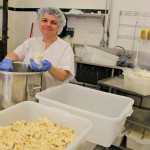
Winnipegger introducing a new ‘old’ cheese to the market
Dairy Fairy cheese maker Galina Beilis has eaten this fresh cheese since she was a child. Now she’s making a business producing and selling it
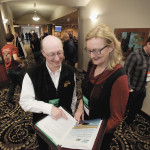
Prairies to play pivotal role in future food production
Climate change will provide both challenges and opportunities for Prairie producers by the year 2050
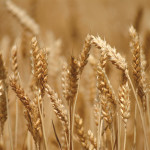
Prairie wheat growers wanted to assist in gluten strength study
Farmers can get some valuable data about their wheat, and potentially help boost returns for the whole class

Cities have nutrient recycling role too, soil scientist says
Winnipeg continues to be the province's largest generator of nutrients such as phosphorous
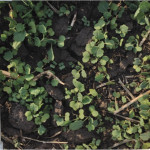
Keeping volunteer canola out of soybeans
Inter-row tillage looks like a promising management tool

High-disturbance seeding can be as erosive as a plow
Conservation tillage isn’t conserving as much soil as you thought. That’s why University of Manitoba soil scientist David Lobb says new tillage equipment is needed
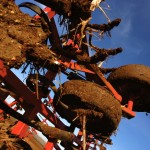
VIDEO: Tillage erosion and how you can avoid it
Soil science professor says it can be the most damaging type of soil erosion

Leaders needed — but harder to find
Delegates to the Keystone Agricultural Producers Young Farmer Conference were urged to consider volunteering as a rewarding investment
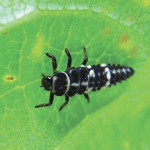
Engaging natural enemies to fight soybean aphids
The economic threshold for spraying is much higher if there is a good population of natural enemies

Let science speak without bias
Objective, rigorous science stands on its own merits


